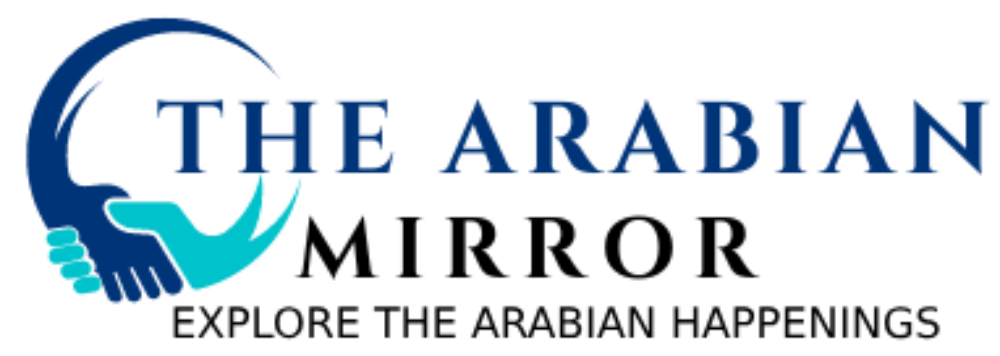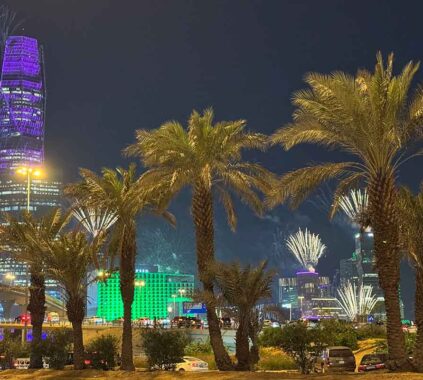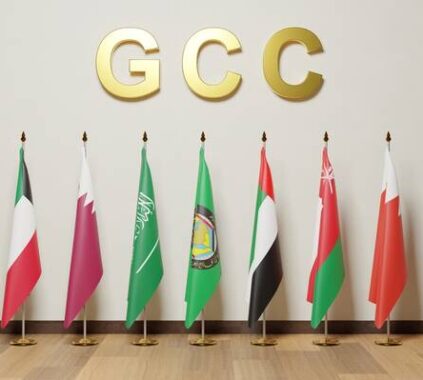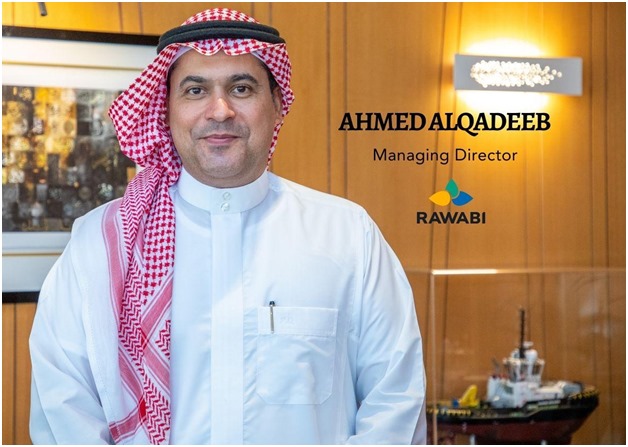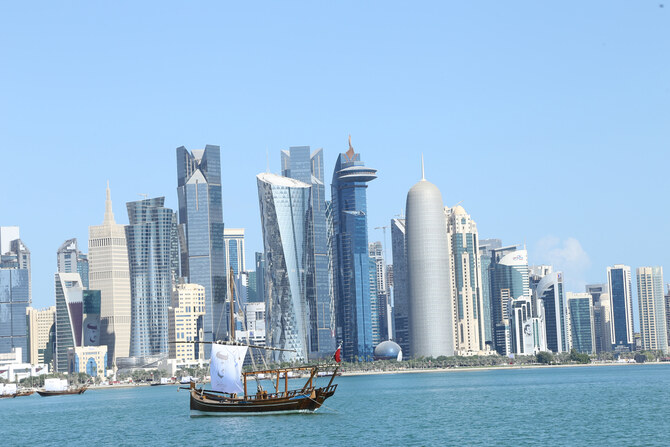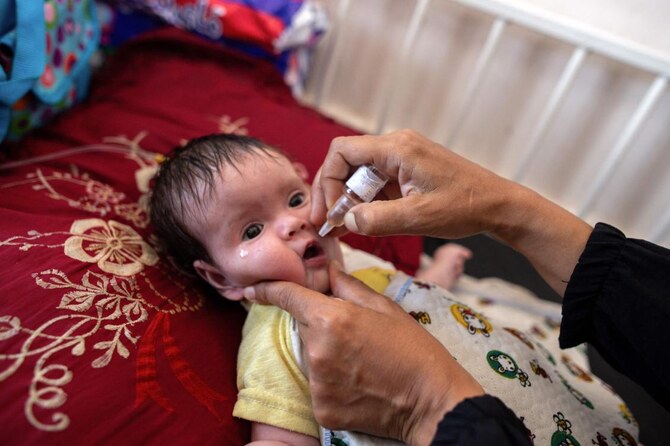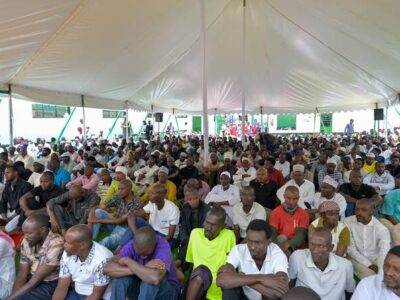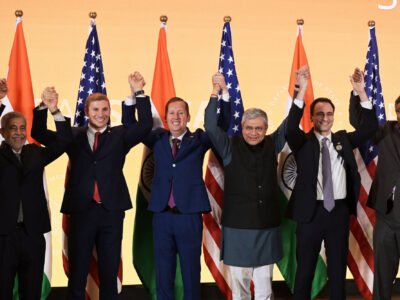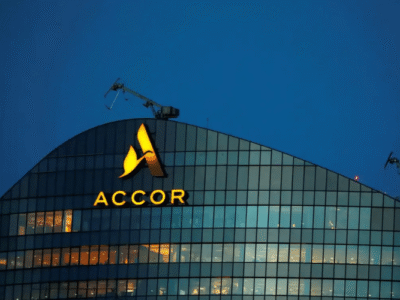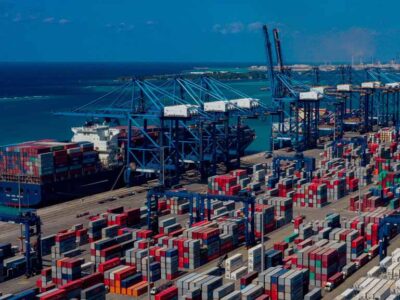RIYADH: Business activity in Middle Eastern nations exhibited diverse tendencies in June, with Qatar leading growth, Kuwait and the UAE staying constant, and Lebanon continuing in contraction despite lessening drops, according to market trackers. According to the most recent Purchasing Managers’ Index data from S&P Global, Kuwait’s PMI dipped to 53.1 in June from 53.9 in May, a three-month low but still far over the neutral 50 level, indicating a substantial improvement in business conditions in the country’s non-oil private sector.
In the UAE, the PMI moved up to 53.5 in June from 53.3 in May, while Qatar’s reading for the non-energy private sector increased to 52 in June from 50.8 in May. Lebanon’s PMI rose from 48.9 to 49.2 in June, but remained below 50 for the fourth consecutive month. The broadly optimistic statistics are consistent with World Bank predictions that Gulf Cooperation Council economic growth will accelerate to 3.2 percent in 2025 and 4.5 percent in 2026, owing to the relaxation of OPEC+ oil cutbacks and robust non-oil sector expansion.
Kuwait’s PMI rating, which remains positive despite a slowdown, comes amid predictions of an economic recovery, with the International Monetary Fund and World Bank estimating real GDP growth of 1.9 percent and 3.3 percent, respectively, in 2025.
Also Read:
Talks on the GCC-Japan Free Trade Deal are Taking Place in Tokyo With a Saudi Delegation
Saudi Arabia Introduces an ESG-Focused Mining and Industrial Non-Profit
